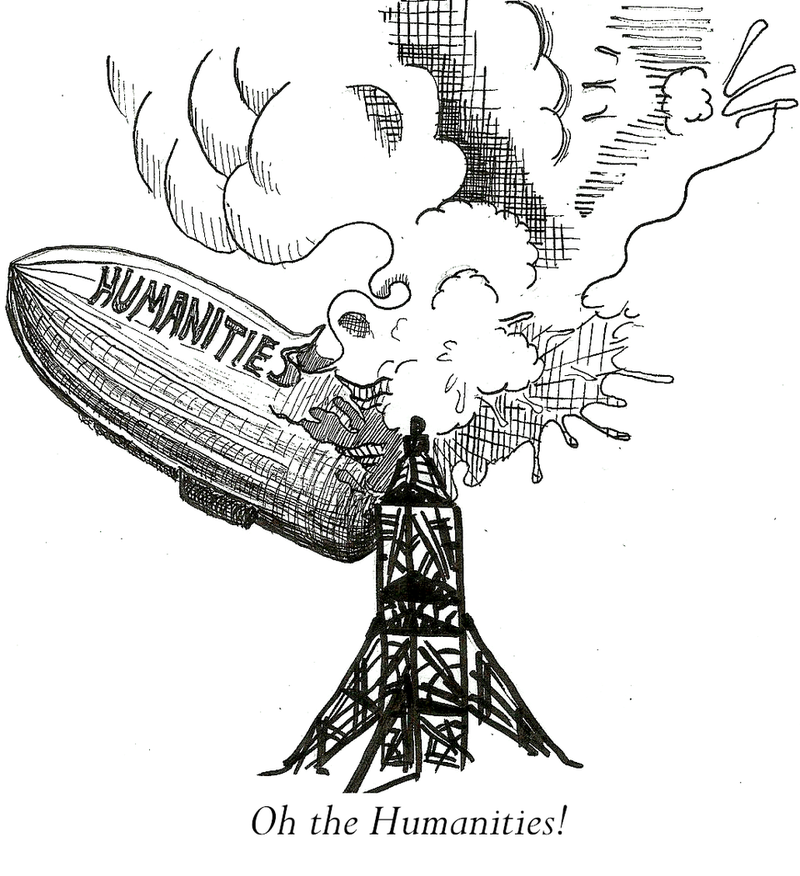No, I am not saying government is not “rocket science,” nor am I saying it is not “an exact science.” Government, simply put, is not a science. This is not to say that government should not use science, but rather that it should view science as a tool and not the basis of all insight.
It’s entirely understandable why government wants to be considered a science. Firstly, science describes things in definite terms. We can argue endlessly about whether Harvard is too liberal but we only have to count to discover 11.6 percent of Harvard votes Republican. The complex ideas we express in words take such energy to write, read, and debate, whereas a pie chart is a pie chart is a pie chart.
Secondly, the potential payoff of a foolproof formula for election prediction is incalculable. Half of the Harvard student body worships before the secular altar of Nate Silver, and no, I do not have statistics to back that up. But why stop at description or prediction alone? Why not prescription! With the proper formula a scientist could produce “perfect” policies and to prove it, here are the numbers! Not convinced? Try more numbers!
Yet, for government to be treated as a science, certain assumptions have to be made that are contrary to the traditional conceptions of governing bodies. Government is fundamentally normative. Government exists to govern and to implement policy, courses of action to achieve aims. The “aims” of government are not reducible to hard and fast rules of nature like those concerning survival and evolution. Government is contrived from subjective morals and personal preferences. Science must be nothing more than a tool to examine a fundamentally normative premise. To derive from science the aim of government is to have the tail wagging the dog (which, as science tells me, is not what actually happens).
Science proper is the study of the natural and physical world by means of observation and experiment. The study of government is neither physical nor natural. How does one observe, say, the height or weight of a law? How does one physically transform into a senator? The government is supposed to exist to transcend the physical. We don’t need laws to be tangible to be effective or senators to transform for them to gain power. Neither is government natural. In fact, government was our solution when we wanted to escape nature. I keep waiting for my pet hamsters to form a proper assembly, but no luck yet.
Most importantly, scientists (real scientists, mind you) feel the need to distinguish between the “social sciences” and themselves. It is no coincidence that shortly after political academics started calling their field a science, departments like chemistry and physics responded by calling themselves “hard sciences.” I like the implication of this distinction; one may study hard science or easy-feeble-soft-kitten science.
I respect Harvard for having a “government” department and not a “political science” department. Yet the department lauds its aspiring political scientists with research grants, shiny new professors, and oodles of class options. Meanwhile the department forgets about its theorists and historians, the scientists’ moody, middle-aged, unemployed siblings.
I speak solely about the government department because I have firsthand experience with it. I’ve read countless papers attempting to shoehorn philosophy into formulas. I’ve seen students in section cite the Solow residual and wait patiently to be offered tenure at Yale. Quotes from Aristotle make for a good paper heading but are left unexamined. Government has swung towards empiricism over rationalism. We think about what we observe and few observe what we actually think. Psychology has taken the place of political theory. Statistics has assumed the role of political history.
But just because something is normative or unverifiable does not mean it is not worthy of study. In fact, precisely because government is normative and unverifiable, it is extremely important to study. Anyone can talk politics and that’s what makes government so great and so difficult. “Political science” is, to a degree, elitist because few know the proper scientific terms. Anyone can argue what counts as an individual’s “right,” but few can tell me what homoscedasticity is. (Though it obviously means to have the same “scedasticity”). As Gilbert, of Gilbert and Sullivan put it, “If this young man expresses himself in terms too deep for me, why, what a very singularly deep young man this deep young man must be!”
Back when MIT’s political science department included sociology, one mathematician noticed this very same trend. So I’ll leave you with the lyrics of Thomas A. Lehrer, Harvard grad, part-time mathematician, part-time musician, and full-time genius:
Joes, who wrote prose,
Now write algebra, who knows —
It may be sociology…
They consult, sounding occult,
Talking like a Mathematics PhD.
They can snow all their clients,
By calling it science,
Although it's only sociology!
Sarah R. Siskind ’14 is a government concentrator in Adams House. Her column appears on alternate Fridays.
Read more in Opinion
In Sight, Out of Mind













